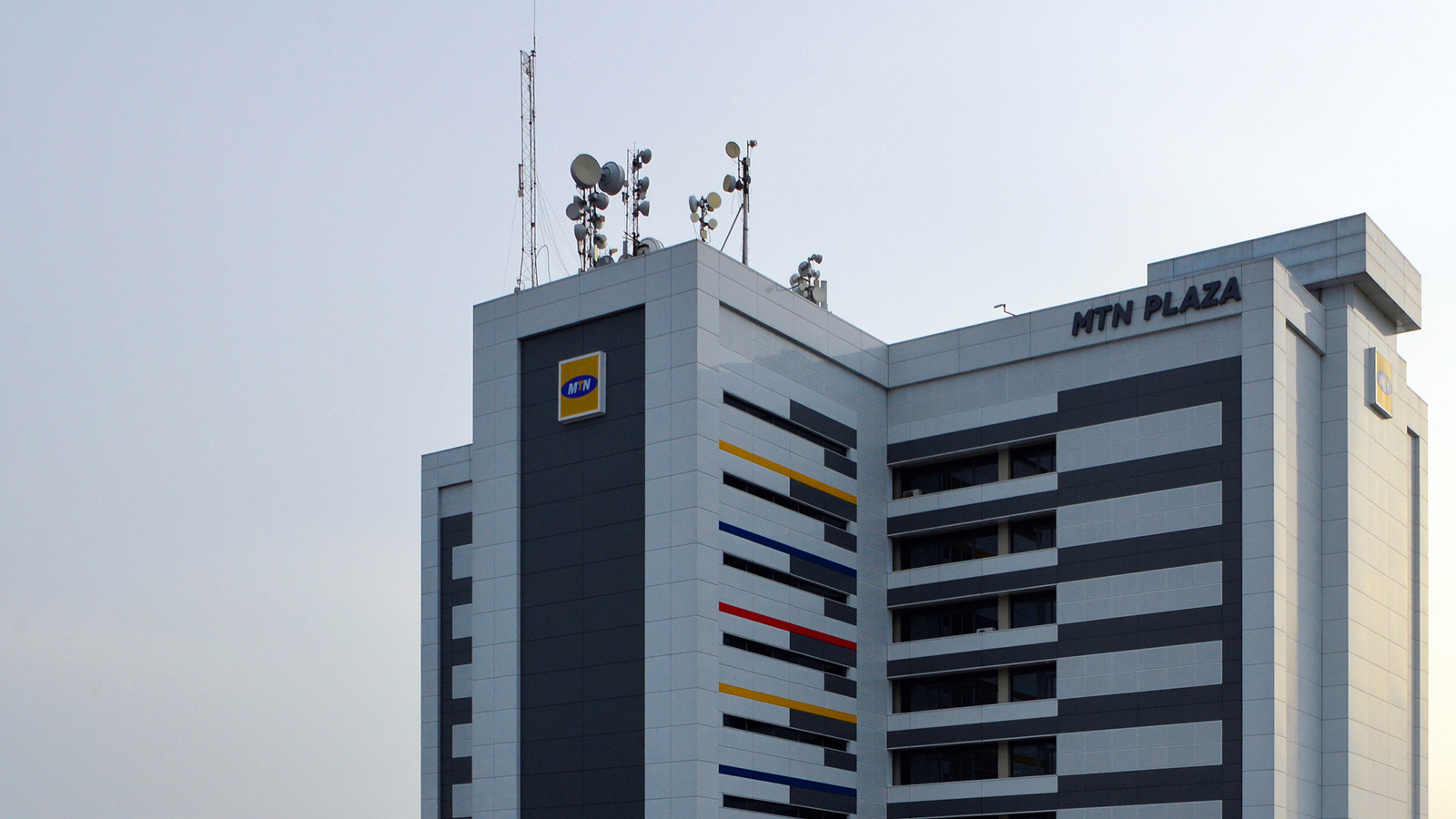
- Home
- About Us
- Sustainability
- Investors
- News
- People & Culture
-
Regions

Accurate reporting of scope 3 emissions has become an essential component of MTN Nigeria’s climate strategy. Beyond regulatory compliance with emerging standards such as IFRS S2, robust data on value chain emissions supports the company’s wider sustainability ambitions. Effective tracking of Scope 3 emissions enables MTN Nigeria to design targeted reduction strategies, enhance operational efficiency, and promote supplier accountability. It also reinforces climate disclosures, strengthens investor confidence, and positions the business as a responsible and forward-thinking leader in the Nigerian market.
As part of its commitment to Nigeria’s Energy Transition Plan (ETP) and in alignment with MTN Group’s ambition to achieve Net Zero emissions by 2040, MTN Nigeria has prioritised the development of a structured, transparent approach to managing Scope 3 emissions. These emissions represent the most extensive and complex share of the company’s carbon footprint, spanning indirect sources such as upstream supply chain activities, product use, and end-of-life treatment of equipment.
The programme is anchored in the adoption of IFRS Sustainability Reporting Standards, which guide MTN Nigeria’s disclosure framework and support the integration of value chain emissions data into its broader environmental performance strategy. It structured around the following key components:
Scope 3 emissions: A clear understanding of indirect emissions, encompassing those from the supply chain, product use and end-of-life treatment of equipment.
Data collection process: Implementation of a rigorous data collection process, facilitated by external carbon specialists and MTN’s Sustainability team. This process includes onboarding of Single Points of Contact (SPOCs), in-depth sessions on Scope 3 categories and the use of standardised data templates for consistent reporting.
Stakeholder engagement: Proactive engagement with internal teams and external suppliers through workshops, onboarding sessions and ongoing support to ensure accurate and transparent data reporting.
Strategic alignment: Alignment with the MTN Group’s Project Zero strategy, which emphasises collaborative efforts with suppliers to achieve Net Zero emissions by 2040.
The initiative has yielded significant achievements:
Comprehensive data collection: MTN Nigeria implemented a bottom-up approach to gathering detailed data across all relevant Scope 3 categories directly from sources within the value chain, marking a first.
Enhanced data quality: Improvement in data accuracy and reliability using standardised templates, periodic reviews and close collaboration with ERM.
Strengthened stakeholder collaboration: Cultivation of stakeholder ownership through SPOC onboarding sessions and workshops, leading to increased transparency and engagement across departments and suppliers.
Strategic alignment: Advancement of Nigeria’s ETP goals and reinforcement of MTN’s emissions tracking framework for long-term sustainability planning.
MTN Nigeria will continue to refine its Scope 3 reporting approach, focusing on improving methodologies and expanding collaboration with supply chain partners. As data maturity increases, so too will the ability to identify high-impact reduction opportunities and to support the broader ambitions of MTN Group’s Net Zero pathway.
Ongoing stakeholder engagement, capacity building, and process optimisation will remain central to this effort. As the initiative evolves, it will play an increasingly important role in embedding climate accountability across MTN’s operations and in shaping sector-wide progress toward sustainable value chains.